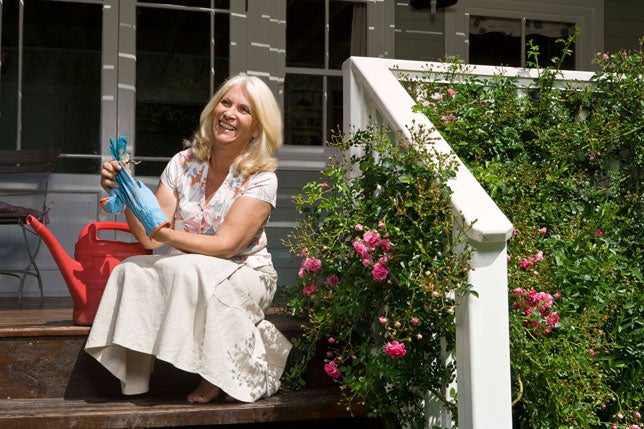One of the biggest debates in personal finance is rent vs. own. This debate doesn’t cool off as you approach retirement, either. As part of your planning your future, it makes sense to weigh the pros and cons of renting vs. owning in retirement. Here’s what to consider.
Advantages of Buying a Home in Retirement
If you’ve built up home equity ahead of retirement and are ready to move, selling your home can provide you with a chunk of capital for buying your retirement home. You might decide to downsize to a smaller home or condo so you can buy a home outright without needing a mortgage.
This approach offers the following potential benefits
- You reduce your monthly housing costs by only paying applicable taxes.
- You can take a reverse mortgage on the home later as part of your retirement income strategy.
- If you need to move into long-term care, you can sell the home and use the proceeds to cover your costs.
- If you decide to move, you can keep the home and rent it out, creating a monthly cash flow designed to cover other expenses. This option will not be possible if you choose to take a reverse mortgage on the property.
You can still benefit even if you need to take a mortgage to buy a home in retirement. Depending on the housing market, your mortgage, taxes, and insurance might still be less than paying rent. Run the numbers to see what makes the most sense for your retirement budget.
Disadvantages of Buying a Home in Retirement
While there are advantages when you buy a home during retirement, building home equity while owning your home isn’t always the best choice. Be aware of the following downsides before you take the plunge:
- Costs of buying and selling, especially if you do it multiple times during retirement, can add up and cut into your real returns.
- If you decide to move, you’re stuck trying to decide whether to sell or attempt to manage a rental from a different location.
- As you age, maintenance can become more difficult to manage. You might have to pay additional costs to maintain and keep your home in good repair.
- Homeownership can become more expensive over time as property taxes and other costs increase.
- With your wealth locked up in the home, you might not have the liquidity you want.
Before deciding to buy, evaluate the pros and cons and determine what will likely work best for your lifestyle and retirement budget.
When Does Renting Make Sense?
Rather than buying a home, you might be better off with monthly rent. In some markets, rent costs less than the costs of homeownership. Additionally, renting often comes with more flexibility. It’s often easier to move if you change locations, and you usually don’t have to take care of the maintenance and repairs.
Even if you don’t start renting during retirement, planning to transition to renting might make sense, depending on your long-term lifestyle goals and financial needs. Living in a rental community, especially one aimed at retirees, includes the following potential benefits:
- You don’t have to worry about yard work, maintenance, or repairs. The community manages these.
- Many communities include amenities like a fitness room, pool, and even access to a golf course. This allows you to stay active (and maintain your physical health) as you age.
- Depending on the community, basic healthcare might be nearby or even onsite.
- There might be social and educational events in the community that you have free access to.
Even if you don’t rent in a community, you might still benefit from various amenities, lower costs, and fewer responsibilities.
Selling your home and putting the money into various retirement, annuity, or mutual fund accounts can provide you with the income you need to pay your rent while maintaining relative liquidity. You might have more overall financial flexibility when you rent.
The Flip Side of Renting
Unlike a mortgage, rent can fluctuate based on market conditions. Unless your property is subject to rent control, you can’t be certain that what you budget for in rent now will remain steady five or ten years down the road. When you pay into a mortgage, you build equity that you can tap into in the future or pass down to the next generation. Rent pays for the month but does nothing for your portfolio.
Consider speaking with a financial planner or wealth advisor to review your options. There’s no wrong or right answer to renting vs. owning in retirement. What matters is that you choose an approach that works for your situation and will likely help you meet your lifestyle and financial goals during retirement
This article is intended for general informational and educational purposes only, and should not be construed as financial or tax advice. For more information about whether a reverse mortgage may be right for you, you should consult an independent financial advisor. For tax advice, please consult a tax professional.




